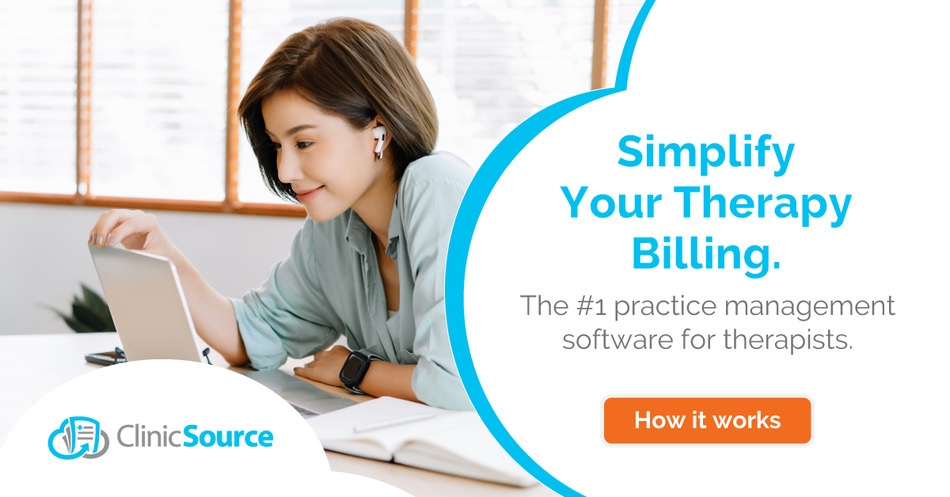
Highlights
- Knowing the latest substance abuse treatment research is essential for effective patient care.
- Medication-assisted therapies and complementary and alternative medicines with psychotherapy are current treatments that show effectiveness in treating substance use disorders.
- Providing personalized treatment and reducing stigma around substance use can promote hope and healing for people with substance abuse disorders.
Substance abuse treatment improves general health and well-being, reducing drug-related mortality, intravenous drug complications, and crime. Numerous recent studies are contributing to a better understanding of various substance abuse treatments that can provide hope and the promise of healing to those suffering from substance use disorders.
Familiarizing yourself with the latest research on available treatments for substance abuse and how they may help those with substance use disorders is essential to a successful therapy practice.
Recent Changes in Therapeutic Approaches to Substance Abuse Treatment
How therapists treat substance use disorder has changed dramatically over the last decade. In the past, people with substance abuse disorders typically received care at independent treatment centers, where they were separated from family and friends or in restrictive 12-step programs.
This one-size-fits-all approach doesn’t work for some people struggling with substance abuse. 42% of people who seek traditional treatment for substance use don’t complete the program, and 40% to 60% relapse during treatment.
Treatment providers now believe diverse treatment options are necessary to help people with various substance abuse disorders. This is due in part to America’s opioid crisis, which has highlighted the need for a new approach to substance use treatment.
In 2020, the National Institute for Drug Abuse (NIDA) noted 100,000 deaths from drug overdoses, the highest number in American history. The NIDA found that only 13% of people with drug use disorders got treatment, with 11% receiving safe and effective medications to help them quit and recover.
NIDA stresses the need to explore substance abuse treatment methods and rethink assumptions about treatment and recovery to help people with varying levels of substance use and addiction.
Current Trends in Substance Abuse Treatment
To help your patients manage their substance use issues, you can use various substance abuse treatments to give them the support they need for recovery. Current substance use treatments include medication-assisted therapy, personalized behavioral therapy, and complementary and alternative approaches.
Medication-Assisted Treatment
Medication-assisted treatment (MAT) is one of the most recent advancements in treating substance use disorders. Current research shows promising results for MAT in conjunction with traditional therapy.
For example, a 2022 study looked at outcomes for MAT in Colorado among adult opioid users. After 6 months of MAT, patients showed decreased substance use and improved mental and physical health. The reduction in the use of specific substances included a 31.7% decrease in heroin use, an 11.3% decrease in opioid use, and a 15.5% decrease in alcohol use.
The findings are due to the flexibility, safety, and access to treatment that would be impossible without a vehicle or public transportation. However, because the data came from three to six months of research, these studies did not include long-term follow-up data.
Holistic Approaches
A review of studies between 2001 and 2020 has shown that complementary and alternative medicine (CAM) practices may help prevent relapses and injuries caused by substance abuse. These approaches include mindfulness meditation and mind-body therapies.
A review of eight studies examining yoga as an alternative treatment found that seven showed positive effects when combined with other treatments, like opioid substitution therapy. Substance abuse treatment readiness and motivation may also increase with art-based interventions, such as attending informative substance abuse-related theater performances.
The effectiveness of some holistic treatments for substance abuse disorders is unclear. A mindfulness-based intervention might reduce the number of days a person uses substances after treatment for the 4- to 10-month follow-up period.
However, another study found that mindfulness practices failed to sustain long-term abstinence from substances among patients who also received cognitive-behavioral therapy. Additional research is needed into combining alternative therapies with other psychotherapies.

Virtual Recovery Support
The U.S. Surgeon General notes that 45% of people with substance abuse disorders have a concurrent mental illness. This suggests that those with substance use problems may benefit from behavioral healthcare in addition to medication. Virtual therapy and recovery support can provide the mental healthcare component needed by those struggling with substance abuse.
The participation rate in some virtual recovery peer support groups saw a two-fold increase over in-person recovery groups during the COVID-19 pandemic. However, transitioning from in-person to remote recovery support groups reduced participation rates for some services.
For example, changing from in-person to remote group counseling for pregnant women with substance use disorders reduced attendance by 46%.
According to a review of peer recovery services in an urban health center, the reasons that some patients didn’t use virtual visits included personal technology restrictions and the absence of recovery coaches and peers. Further studies can help determine which populations might work with hybrid, in-person, and virtual peer recovery groups.
Personalized Treatment Plans
Individualized treatment plans for substance use may include genetic testing for an individual’s genetic predisposition and response to therapeutic drugs.
A 2018 study of cancer patients with long-term use of opioids found a significant reduction in morphine equivalent daily dose (MEDD) medications for 64% of participants. As a result, non-opioid medications increased at the final visit for the treatment plan.
Patients might look for programs and counselors that use shared decision making (SDM), a model that incorporates their values and preferences in their individual substance abuse treatment plans and helps increase their independence. According to a review of SDM studies, patients may prefer SDM for recovery treatment.
Integration of Primary Care and Behavioral Health
Integrating primary care and behavioral health improves depression scores among patients with substance use disorders and the experience of patients and physicians. It also resulted in cost savings for emergency departments and better health outcomes.
However, a 2022 review found that substance use disorders are difficult to integrate into primary care due to stigma, workflow challenges, and a lack of familiarity with addressing it. For instance, stigma and discomfort affected how primary care staff introduced alcohol screenings — in a way that increased bias and decreased screening sensitivity.
The review concluded that easy-to-understand screening tools could provide simple interpretations of screening results. Additionally, primary care staff may need additional training, education, and tools to increase comfort and reduce stigma in screening for substance use disorders.

Discover ClinicSource for Mental Health and Substance Abuse Treatment
When you’re a provider who cares for patients struggling with substance abuse, you want to ensure that you deliver efficient and customized care. ClinicSource therapy EMR is designed to help you do just that.
From a single login, you access scheduling, billing, financial, and clinical information within ClinicSource’s all-in-one platform designed for therapists. ClinicSource is fully secure with data storage via a cloud-based server and HIPAA-compliant patient messaging tools.
ClinicSource also offers other ancillary products, like CSBilling and CSClearinghouse, that let you add modules as your practice grows, so you can add features you need while not paying for anything that you don’t.
To learn how ClinicSource can manage your practice and documentation, book a demo today.

Let Us Show You











